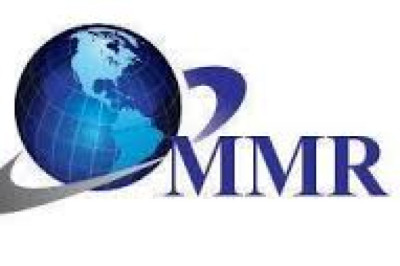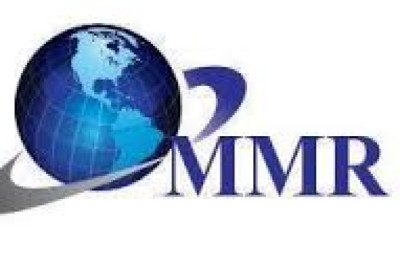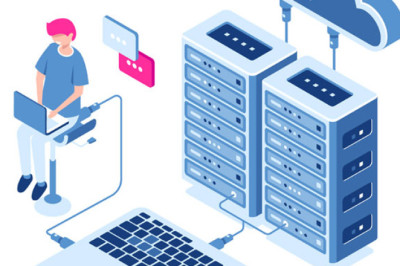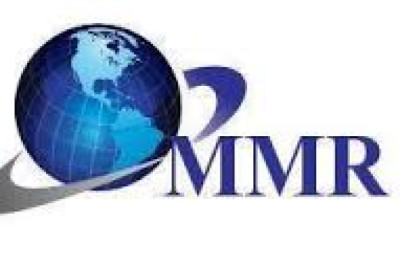views
The Top 10 Tips for Psychiatry Medical Billing Success
Psychiatry billing requires a thorough understanding of specialized codes, payer policies, and documentation practices to ensure timely reimbursement and compliance with industry standards. In this article, we will delve deeper into the top 10 tips for Medical Psychiatry Billing success, providing comprehensive insights and practical strategies to help you optimize revenue, reduce claim denials, and enhance your practice's financial health. So, if you want to streamline your billing process and ensure success in psychiatric medical billing, read on!
-
Understand Psychiatry Medical Billing Codes:
The foundation of successful psychiatry billing lies in a thorough understanding of relevant billing codes. Psychiatric services utilize specific Current Procedural Terminology (CPT) codes tailored to mental health treatments. Familiarize yourself with common codes such as Evaluation and Management (E/M) codes for patient visits, psychotherapy codes, and pharmacologic management codes for medication-related services. Accurate code selection is vital to ensure proper reimbursement and avoid claim denials. Regularly review and update your coding knowledge to stay informed about any code changes or additions.
-
Document Thoroughly and Accurately:
Accurate documentation is the backbone of successful psychiatry billing. Complete and detailed documentation of patient encounters, assessments, and treatments is essential for proper coding and psychiatry medical billing. Ensure that each patient's medical record includes relevant information such as chief complaints, psychiatric history, treatment plans, and progress notes. Incomplete or inconsistent documentation can lead to claim denials, delayed payments, and potential compliance issues. Encourage your clinical staff to adhere to standardized documentation practices and consider utilizing Electronic Health Records (EHR) to streamline the process and minimize errors.
-
Verify Insurance Coverage:
Before providing any psychiatric service, verify the patient's insurance coverage and eligibility. Understanding their benefits, co-pays, and deductibles will help you set clear expectations with the patient and avoid any surprises or misunderstandings later on. Develop a systematic approach during psychiatry medical billing to verifying insurance information, and communicate openly with patients about their financial responsibilities. By confirming insurance coverage upfront, you can reduce the risk of claim denials and improve the overall patient experience.
-
Stay Updated with Payer Policies:
Payer policies and guidelines are continually evolving, making it imperative to stay informed about any changes that may impact your psychiatric medical billing practices. Regularly check for updates from insurance providers to ensure compliance with their specific billing requirements. Familiarize yourself with each payer's reimbursement policies, prior authorization procedures, and medical necessity criteria. Being well-informed about payer policies will help you submit claims accurately and avoid unnecessary denials, thereby maximizing your revenue and saving valuable time and resources.
-
Submit Claims Timely:
Timely submission of claims is critical for Psychiatry Medical Billing success. Delays in claim submission can lead to payment delays or even claim denials, resulting in financial setbacks for your practice. Implement efficient systems and processes to submit claims promptly after patient visits. Regularly monitor your billing cycle to identify any bottlenecks that may hinder timely claim submission. Utilize Electronic Data Interchange (EDI) for electronic claims submission to expedite the process and reduce the chances of errors associated with manual data entry.
-
Appeal Denied Claims:
Claim denials are an unfortunate reality in the medical billing process. However, they don't have to be the end of the road. Develop a robust system for tracking and appealing denied claims. Thoroughly review the denial reasons provided by payers and gather any additional supporting documentation to strengthen your appeal in psychiatry medical billing. A well-documented and compelling appeal can often overturn the decision and result in rightful reimbursement for your services. Being persistent in the appeals process can significantly impact your practice's revenue and financial stability.
-
Implement Electronic Health Records (EHR) Systems:
Using Electronic Health Records (EHR) systems can significantly improve your psychiatry billing process. EHRs streamline documentation, reduce errors, and offer functionalities like automated coding suggestions, making billing more efficient and accurate. Electronic records also enhance the accessibility and security of patient data, ensuring compliance with healthcare privacy regulations such as HIPAA. EHRs facilitate seamless communication between providers, billing staff, and insurance companies, expediting the claims submission and processing timelines. Invest in a reliable EHR system that aligns with your practice's needs and supports your psychiatric billing efforts.
-
Train Staff on Billing Procedures:
Effective Psychiatry Medical Billing requires a well-trained team. Invest in regular training sessions for your staff to keep them updated on the latest billing regulations and best practices. Knowledgeable staff can help avoid costly billing errors and ensure a smooth revenue cycle. Training should encompass proper coding procedures, accurate documentation practices, and effective communication with patients and insurance companies. Encourage ongoing education and certifications for billing staff to enhance their expertise and adaptability to the ever-changing healthcare landscape.
-
Conduct Regular Audits:
Performing periodic audits of your billing process can reveal potential issues and areas for improvement. Audit the coding accuracy, documentation completeness, and claim submission efficiency to identify and address any shortcomings. Regular audits can help you identify patterns of errors, pinpoint training needs for your staff, and ensure compliance with payer policies. Develop actionable strategies based on audit findings to optimize your psychiatry medical billing process and maximize revenue. Regular audits demonstrate your commitment to quality care and financial integrity, building trust with both patients and payers.
-
Seek Professional Billing Services:
Managing medical billing in-house can be time-consuming and challenging, especially for smaller practices. Consider outsourcing your psychiatry billing to a reputable billing service provider. A specialized medical billing company can help optimize your revenue cycle, reduce claim denials, and ensure compliance with industry standards. These professionals have the expertise, resources, and technology to handle the complexities of psychiatric billing efficiently. Outsourcing your billing also allows you and your staff to focus on providing exceptional mental health care to your patients, while leaving the billing intricacies in capable hands.
Conclusion:
Psychiatry Medical Billing success requires a combination of knowledge, efficiency, and attention to detail. By implementing the top 10 tips discussed in this article, you can streamline your billing process, increase revenue, and enhance the financial health of your practice. Stay updated with the latest billing codes and payer policies, document thoroughly, and consider leveraging electronic health record systems for better efficiency. Remember, seeking professional medical billing services can be a wise investment, allowing you to focus on providing exceptional mental health care to your patients.
So, why wait? Implement these tips today and take your Psychiatry Billing to the next level!











